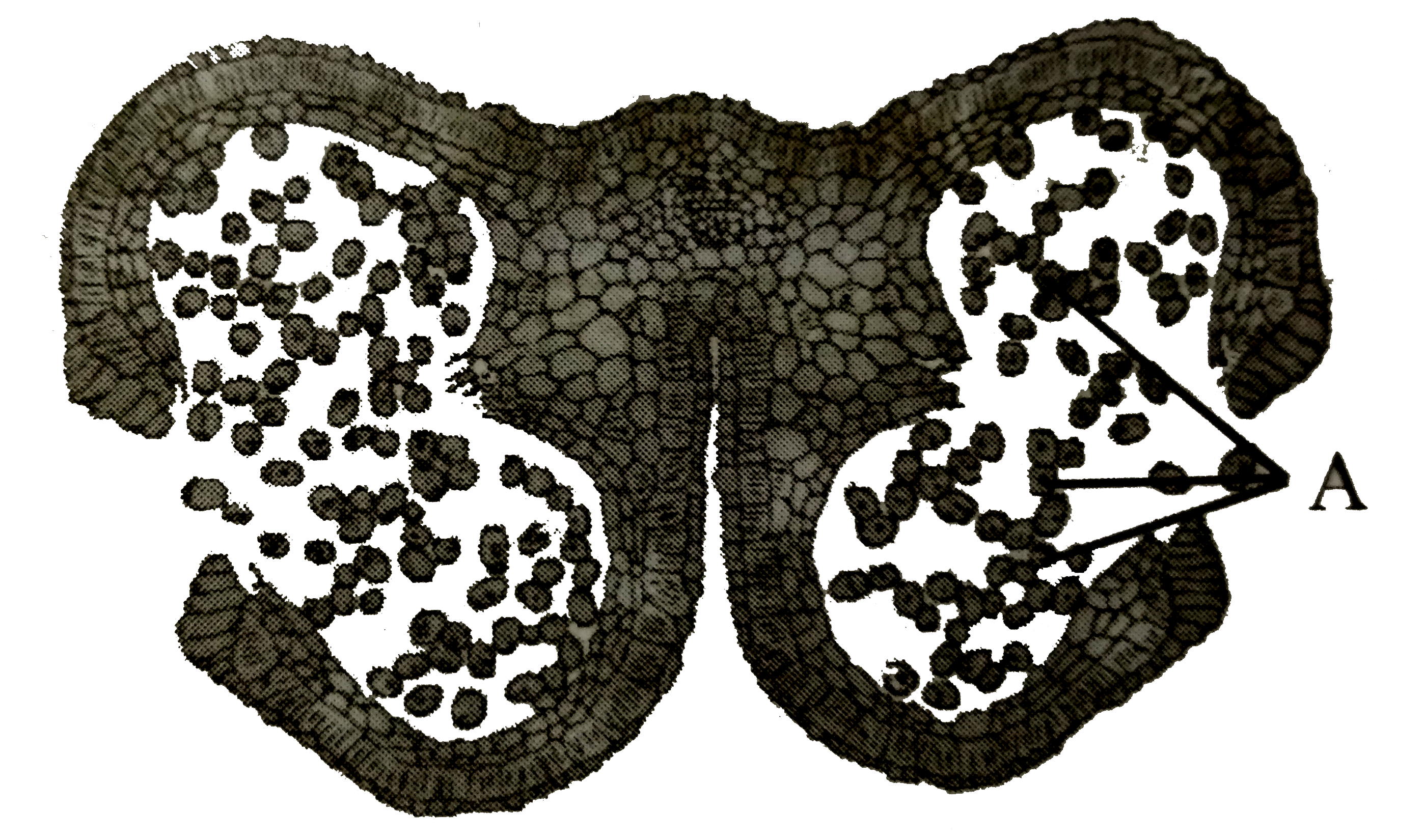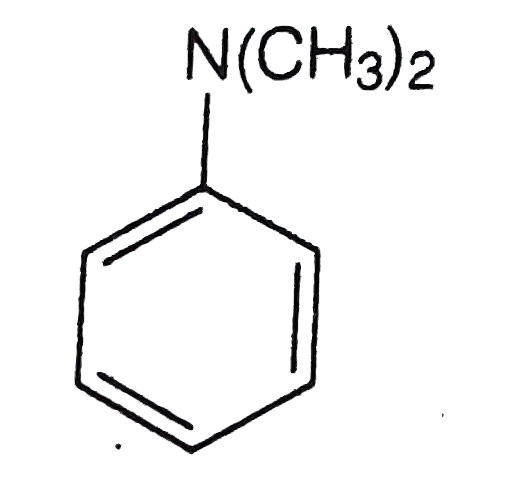Write down the role of kidney in the removal of ammonia.
Step-by-Step Solution:
1. Understanding Ammonia:
- Ammonia is a toxic by-product formed during the metabolism of proteins and amino acids. It is highly soluble in water and can diffuse easily.
2. Excretion in Aquatic Organisms:
- Aquatic organisms, known as ammonotelic organisms, excrete ammonia directly into the water through their skin or gills. They do not require kidneys for this process as they can afford to lose large amounts of water.
3. Human Excretion of Ammonia:
- In humans, ammonia is converted into urea in the liver. This conversion occurs because urea is less toxic than ammonia and is more manageable for excretion.
4. Role of the Kidney:
- The kidneys play a crucial role in the excretion of urea and ammonia. They filter blood to remove waste products, including ammonia.
5. Filtration Process:
- The first step in kidney function is glomerular filtration, where blood is filtered to form a filtrate that contains urea, ammonia, and other waste products.
6. Tubular Reabsorption:
- Following filtration, tubular reabsorption occurs. During this process, essential ions, amino acids, and a small amount of ammonia and urea are reabsorbed back into the bloodstream.
7. Concentration of Filtrate:
- The remaining filtrate, which contains concentrated waste products including ammonia and urea, is then transported through the nephron (from the proximal convoluted tubule to the loop of Henle and then to the distal convoluted tubule).
8. Excretion:
- Finally, the concentrated filtrate is sent to the urinary bladder and excreted from the body through the urethra.
Summary:
The kidneys are essential for the removal of ammonia in humans through the processes of filtration and reabsorption, ultimately excreting it as part of urea in urine.
---
- Ammonia is a toxic by-product formed during the metabolism of proteins and amino acids. It is highly soluble in water and can diffuse easily.
- Aquatic organisms, known as ammonotelic organisms, excrete ammonia directly into the water through their skin or gills. They do not require kidneys for this process as they can afford to lose large amounts of water.
- In humans, ammonia is converted into urea in the liver. This conversion occurs because urea is less toxic than ammonia and is more manageable for excretion.
- The kidneys play a crucial role in the excretion of urea and ammonia. They filter blood to remove waste products, including ammonia.
- The first step in kidney function is glomerular filtration, where blood is filtered to form a filtrate that contains urea, ammonia, and other waste products.
- Following filtration, tubular reabsorption occurs. During this process, essential ions, amino acids, and a small amount of ammonia and urea are reabsorbed back into the bloodstream.
- The remaining filtrate, which contains concentrated waste products including ammonia and urea, is then transported through the nephron (from the proximal convoluted tubule to the loop of Henle and then to the distal convoluted tubule).
- Finally, the concentrated filtrate is sent to the urinary bladder and excreted from the body through the urethra.
The kidneys are essential for the removal of ammonia in humans through the processes of filtration and reabsorption, ultimately excreting it as part of urea in urine.
Topper's Solved these Questions
- BOOK - AAKASH INSTITUTE ENGLISHCHAPTER - EXCRETORY PRODUCTS AND THEIR ELIMINATIONEXERCISE - EXERCISE30videos
EXCRETORY PRODUCTS AND THEIR ELIMINATION
- BOOK - AAKASH INSTITUTE ENGLISHCHAPTER - EXCRETORY PRODUCTS AND THEIR ELIMINATIONEXERCISE - SECTION A (OBJECTIVE TYPE QUESTIONS)37videos
EXCRETORY PRODUCTS AND THEIR ELIMINATION
- BOOK - AAKASH INSTITUTE ENGLISHCHAPTER - EXCRETORY PRODUCTS AND THEIR ELIMINATIONEXERCISE - SECTION D ( ASSERTIN-REASON TYPE QUASTION)10videos
EXCRETORY PRODUCTS AND THEIR ELIMINATION
- BOOK - AAKASH INSTITUTE ENGLISHCHAPTER - EVOLUTIONEXERCISE - TRY YOURSELF29videos
EVOLUTION
- BOOK - AAKASH INSTITUTE ENGLISHCHAPTER - HUMAN REPRODUCTIONEXERCISE - Try Yourself19videos
HUMAN REPRODUCTION
Similar Questions

Write down the name of point AView SolutionWrite down the role of large intestine in terms of absorption.
View SolutionWrite down the role of myelin sheath in the myelinated axons.
View SolutionWrite down the IUPAC name of
 View Solution
View SolutionWrite down one role of catecholamines.
View SolutionWrite down the observation for the following: Ammonia carbonate is heated.
View SolutionWrite a note on the role of pollination in the growth and development in an angiosperm.
View SolutionWrite down the smallest whole number.
View Solution_E01_772_Q01.png)
Write down the structure of A? What is the use of A ?View SolutionWrite the reaction for the preparation of ammonia from magnesium nitride.
View Solution
